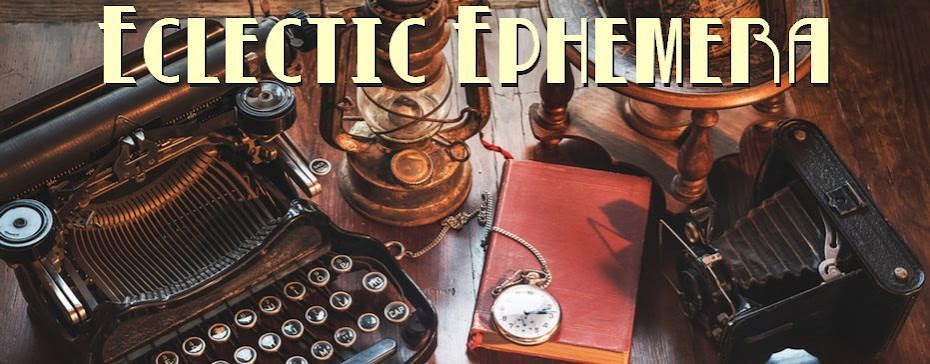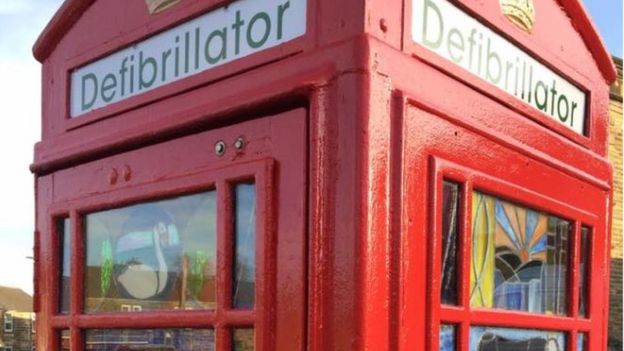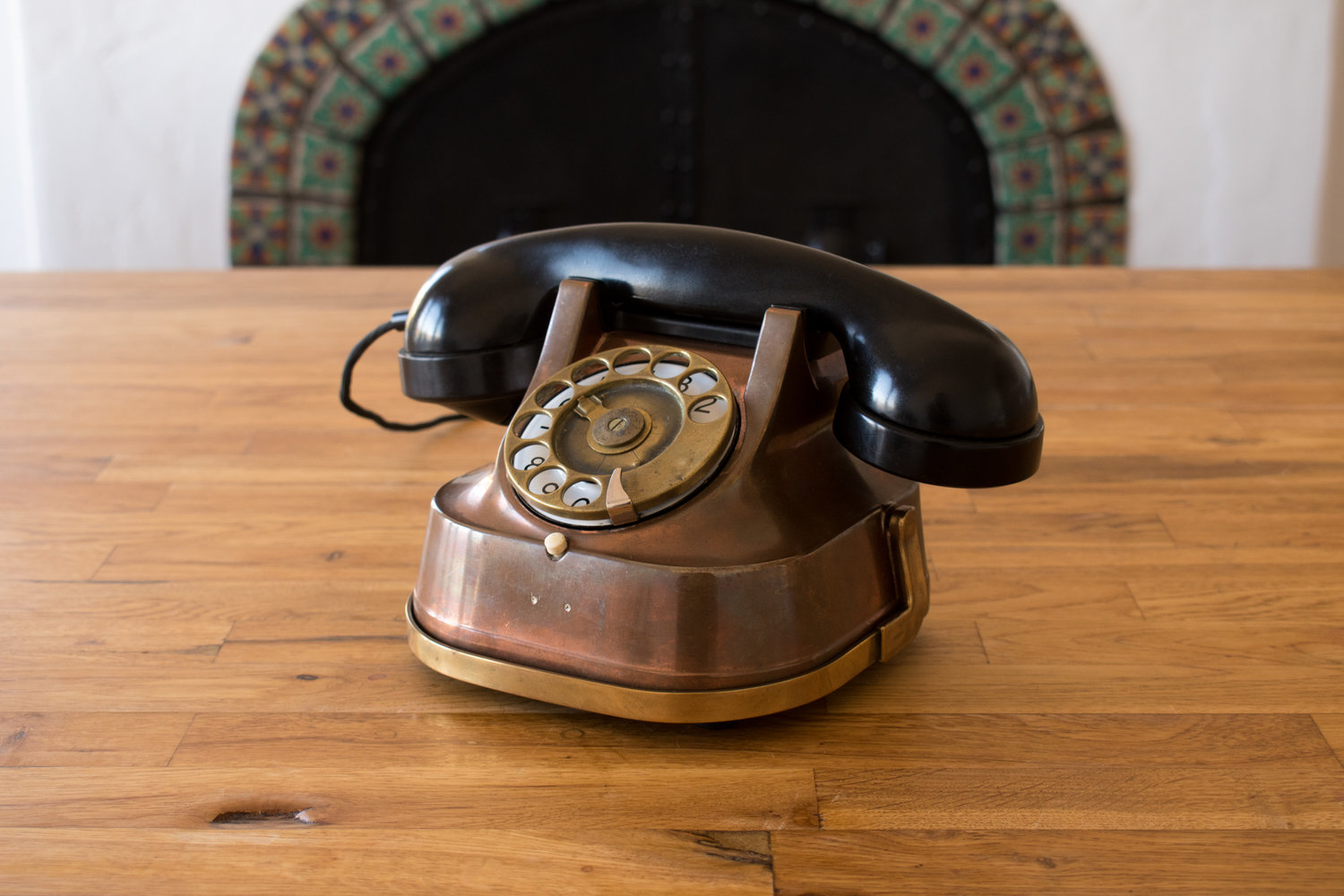 |
| "Nooo, I DO NOT have a mobile number..." |
I think I've made it clear on this blog before, but I am one of the few people remaining in this world who does without (and perfectly well without, I might add!) a mobile telephone and who has absolutely no intention of getting one. (I warned you all some time ago,
when I first mentioned the fact, that it might one day lead to a bit of a rant and today may well be that day!). I don't think it is possible for me to succinctly explain how much I hate them - they way they rob people of manners and considerateness, replace common sense and restraint with imprudence and immoderation, and encourage banality over self-reliance and initiative - and just how much I consider their "essentialness" to be one of the biggest myths ever perpetrated on the modern world.
Before this turns into too much of an essay I should explain the series of events that has led to this post. It all began the other week when I attempted to fill out an online form for something or other (I think it was a job application). For the first few fields all was going well until I got to the box marked "Telephone
(Mobile)". Now up 'til this point I had always been able to bypass the request for a mobile number and simply move on. Except this time a whole load of red warning signs and highlighted instructions appeared upon my pressing "Submit". For perhaps only the second time in my experience, a mobile telephone number was a "required field"(!).
Not being the owner of such a device I had to make up some
vaguely mobile-like number (lots of 0s and 7s are my favoured choice) before I could continue, but it confirmed to my mind an ever-more prevailing attitude that I (and others) are encountering. My suspicions were first aroused when I perceived that, when providing my
details at the request of some official lackey or other, the question
"Do you have a mobile number?" had begun to subtly change. First it lost its genuinely querying inflexion and became almost rhetorical (with the level of surprise registered when I explained that I do not own such
an infernal appliance inversely proportionate to the perfunctoriness of the question). Now the transformation is all but complete as the question has tended to become
"What is your mobile number?" as
if it is a foregone conclusion that I must possess - and make a note of this term, taken from
The Chap magazine, for I have yet to find a better description -
a
chirruping horn of damnation.
 |
| "He doesn't have a mobile number?!" |
Then, as proof that I am not alone in this,
Tupney encountered the selfsame problem last week in relation to her e-mail account. I commiserated with her in the comments section using a phrase I've coined to describe this increasingly common attitude, which seemed to strike a chord with some of the other commenters and so convinced me that maybe there was blog material in it. That phrase is -
the presumption of technology.
I
suppose when there are 62½ million of the things in the country, with 85% of the population in thrall to them and the "average person" owning
two of the confounded machines the odds are stacked heavily against the likes of Tups and me, leading to the aforementioned conclusion on the part of most people/forms. Still, it is dashed frustrating for those of us who get by perfectly well without
to encounter this presumptive attitude.
 |
| "People walking around with 'phones stuck to their heads..." |
Yet there is still 15% of the population
without a mobile telephone, so is it not jumping the gun a little to start making it a compulsory field or otherwise insisting on the provision of a number? The 'papers are full of stories about rural broadband (or lack thereof) & mobile provider coverage and the recent record low turnout for the England & Wales Police and Crime Commissioners election has been blamed in part on a lack of information - information that was almost exclusively available online but to which not everyone had access. We may be seeing the creeping advancement and acceptance of technology into our lives but it is by no means universal and perhaps there should be a greater realisation that folk who haven't bought into this "technology for the sake of it" malarkey (or aren't in the position to benefit from it) still exist.
How long before it becomes impossible for those of us
sans mobile 'phone to get by on a day-to-day basis? Already we are seeing the advent of "pay by mobile" in certain high street shops and car parks. Will mandatory mobile numbers beget mandatory mobile 'phones, perhaps? In a related aspect, many adverts and competitions seen on television are increasingly becoming accessible only for those with a Farcebook account. Again, I do not have one. I almost feel marginalised!
I expect I'm preaching to the converted here and I'm sure many readers
who do have mobile telephones use them sensibly and recognise them for
the occasionally-useful tools they can be. Nor am I suggesting we all
go back to tin cans and string; I've
mentioned in the past how I like to see (and use!) modern technology fused with vintage æsthetics but I'd also like to see it married to certain vintage values and a healthy, balanced lifestyle. Part of that should be the acceptance - the understanding - that mobile telephones are not the be-all and end-all of things and are (and should remain) optional.
Until then, my stock response of "I don't own a
mobile telephone" is becoming ever more long-suffering and the numberpad on my keyboard more frequently employed.



.jpg)














